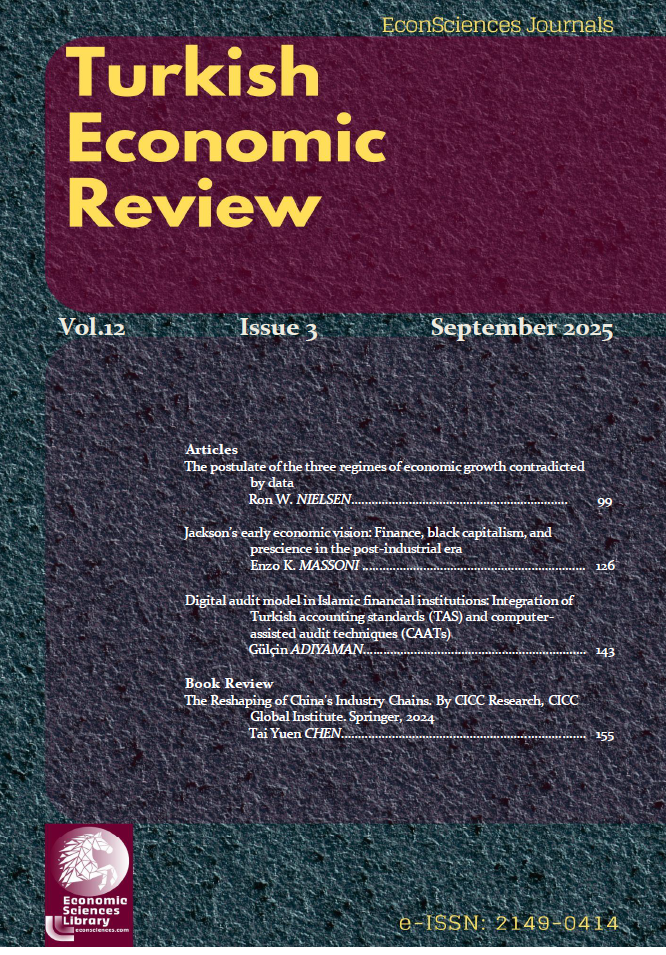Abstract
This book examines the fundamental forces and strategic imperatives reshaping China’s position within global industry chains, shifting the national focus from "efficiency first" to a critical balance between efficiency and security. Driven by increasing geopolitical risks, "deglobalization," and technological non-neutrality, the book argues that China must leverage its unparalleled economies of scale to build resilience and enhance its irreplaceability in the global supply network. A key advantage is its massive domestic market, which can serve as a potent engine for growth and innovation, especially for digital platform companies. The analysis details how industrial policy is returning to the spotlight, advocating for a "dual-pillar national system" where big, state-supported companies mitigate vertical risks (dependence on key upstream technologies) through integration, while diversified small and medium-sized enterprises (SMEs) mitigate horizontal risks (supply chain disruption) through decentralization and competition. Sector-specific analyses cover critical areas—from raw materials security to the green transformation, and the leap forward in high-end equipment and new energy vehicles—providing a comprehensive roadmap for navigating the complexities of the new global economic landscape.
Keywords. Global Industry Chains (GICs); Deglobalization and Geopolitics; Economies of Scale (China); Supply Chain Security; Industrial Policy.
JEL. F62; L23; O25; R38; F13.

This work is licensed under a Creative Commons Attribution-NonCommercial 4.0 International License.
